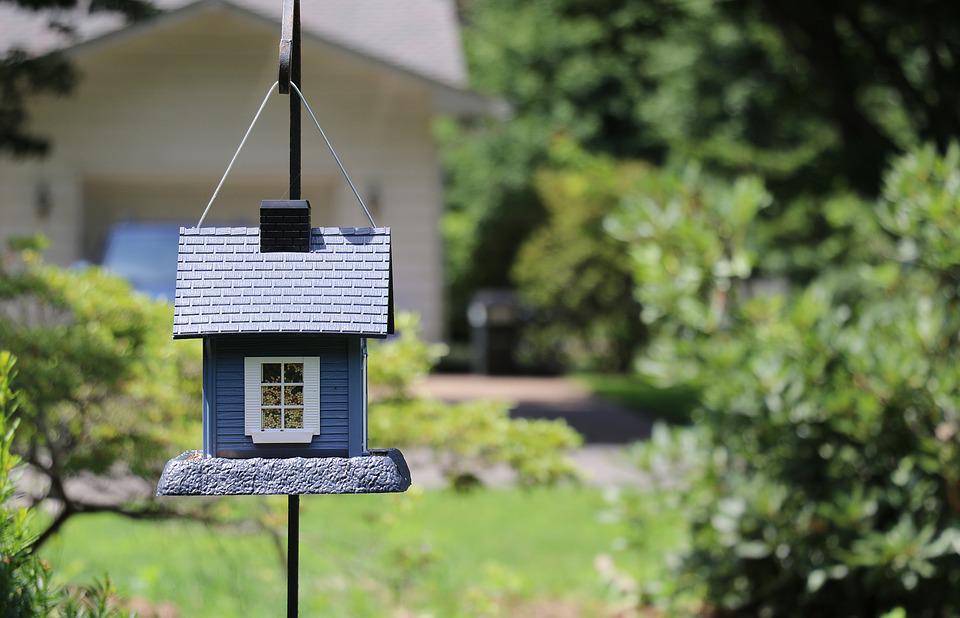
17 Jun Should I put my house in my adult child’s name? Are there risks?
Photo: pixabay.comQ. I am 79, retired and selling my home. I will buy a new home within weeks. The purchase price will be $425,000. One of my adult children wants me, immediately on acquisition, to assign the property ownership to the child. I assume the request is to address future tax implications when I pass, which would be willed to heirs. Does this strategy serve any purpose for tax avoidance on any future estate or inheritance tax, or upon the final sale of the property down the road? I have about $1.3 million in stocks, bonds and CDs and there are four children who would be beneficiaries.
— Planning
A. This is a really important question, and a reminder that you should not make any estate planning plans on a lark.
There’s a lot to consider before you sign over any property to someone else.
First, the transfer of your home to your child would be deemed a gift, said Catherine Romania, an estate planning attorney with Witman Stadtmauer in Florham Park.
“Your child would be able to mortgage the property — and if the mortgage is not paid, the property could be foreclosed upon — and the property would now be subject to your child’s creditors,” Romania said. “Unless you reserved a life estate in the property, the property would not be included in your estate when you died and would not obtain a step-up in basis when you died.”
The asset also would not be available to you to divide among your other children, Romania said.
Based upon the information you provided, you are well within the federal estate tax exemption amount, which for 2022 is $12.06 million per person less any lifetime gifts in excess of the annual exclusion, which is $16,000 per donee in 2022, she said.
Important to note that the exemption is scheduled to decrease on Jan. 1, 2026, at which time, absent further action by Congress, the exemption will be reduced to $5 million, which is anticipated to be upped to about $6 million when indexed for inflation.
New Jersey eliminated its estate tax effective Jan. 1, 2018, Romania said.
Although the state continues to have an inheritance tax, bequests to descendants, a spouse, grandparents and stepchildren, are exempt, she said.
Therefore, anticipated estate and inheritance tax is not a reason to transfer the home into your child’s name, Romania said.
“Everyone is permitted to make a present interest gift in the amount of $16,000 to any number of beneficiaries each year free of transfer tax. This is called the `annual exclusion,’” she said
“Gifts over the annual exclusion but less than the exemption — such as the transfer of your home to your child — require the filing of a federal gift tax return, Form 709, United States Gift (and Generation-Skipping Transfer) Tax Return, but no gift tax will be owed.”
Romania said that although there is no estate or inheritance tax reason for transfer of the property to your child, your child may be hoping to avoid probate or plan for your Medicaid eligibility.
“Although probate in New Jersey is not overly burdensome, it can be avoided if property is placed in a revocable trust of which you may remain the trustee and in control of the property, thus negating the need to transfer it to your child,” she said. “If Medicaid eligibility is the concern, an appointment with an experienced elder law attorney is recommended. Gratuitous transfers within five years of applying for Medicaid may result in a penalty period in which you will be ineligible for Medicaid benefits.”
Plus, there may be other planning techniques that are appropriate for you, so consider a meeting with an experienced estate planning attorney to go over all of your options.
Email your questions to Ask@NJMoneyHelp.com.
This story was originally published on June 17, 2022.
NJMoneyHelp.com presents certain general financial planning principles and advice, but should never be viewed as a substitute for obtaining advice from a personal professional advisor who understands your unique individual circumstances.

